The Ultimate Guide to IVF in Thailand for Foreigners
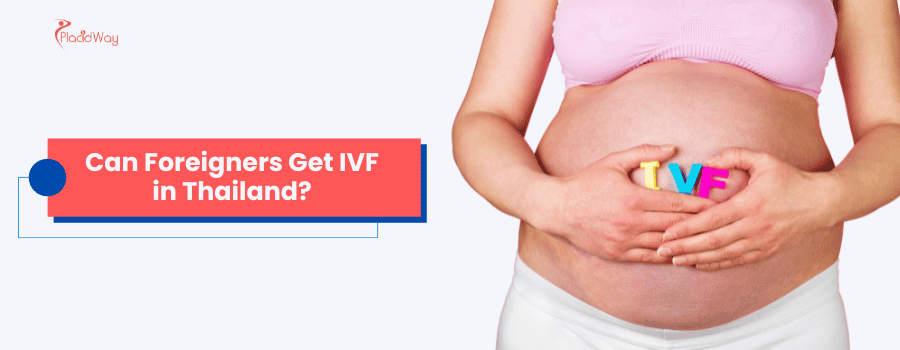
Are you considering In Vitro Fertilization (IVF) and exploring options beyond your home country? Thailand has emerged as a prominent destination for medical tourism, particularly for fertility treatments like IVF. Many couples and individuals from around the globe are looking to Thailand for their reproductive journey, drawn by its world-class medical facilities, experienced specialists, and often more affordable treatment costs compared to Western countries.
It's a common question whether foreigners can get IVF in Thailand, and the answer is a resounding yes. Thailand's healthcare system is well-equipped to cater to international patients, with many clinics and hospitals holding international accreditations and employing English-speaking staff. This guide will delve into all the essential aspects of undergoing IVF in Thailand as a foreigner, addressing common queries and providing detailed insights to help you make an informed decision about your fertility treatment. We'll cover everything from legal requirements and costs to success rates and what to expect during your journey.
Can Foreigners Get IVF in Thailand?
Thailand actively welcomes international patients seeking IVF and other fertility treatments. The country has established itself as a hub for medical tourism, with a strong focus on providing high-quality healthcare services to individuals from all over the world. Many clinics and hospitals specializing in reproductive medicine in Thailand are designed with international patients in mind, offering comprehensive support services.
These services often include multilingual staff, assistance with accommodation and travel arrangements, and streamlined processes for foreign patients. The legal framework in Thailand generally permits IVF for married heterosexual couples, including those who are foreign nationals, provided they meet specific criteria and adhere to the country's regulations.
What are the Legal Requirements for Foreigners Seeking IVF in Thailand?
Thailand's Assisted Reproductive Technologies (ART) Act of 2015 governs fertility treatments, including IVF. A key requirement for foreigners seeking IVF in Thailand is that they must be a legally married heterosexual couple. This means clinics will typically ask for a certified copy of your marriage certificate. Common-law or de-facto relationships may be accepted if legally recognized in your home country, but a formal marriage certificate is usually preferred.
Additionally, both partners are generally required to be present for the IVF procedure. This ensures compliance with the legal framework and allows for necessary consultations and procedures involving both individuals. Clinics also require copies of patients' passports and may ask for medical reports to be translated into English. It's crucial to confirm all specific documentation requirements with your chosen clinic beforehand, as they may have additional internal policies.
What is the Typical Cost of IVF in Thailand for International Patients?
One of the primary attractions of IVF in Thailand for international patients is the significant cost savings. While prices can vary based on the clinic, the specific treatment plan, and any additional services, a single IVF cycle generally costs between $4,500 and $6,000. This often includes the initial consultation, ovarian stimulation medications, egg retrieval, laboratory fertilization, and embryo transfer.
When compared to countries such as the United States, the UK, or Australia, where a single IVF cycle can cost upwards of $12,000 to $20,000, Thailand offers a highly competitive and affordable alternative without compromising on the quality of care or technology. Many clinics also offer comprehensive IVF packages that can include additional services like embryo freezing or preimplantation genetic testing (PGT) at a bundled rate, providing transparency and helping patients manage their budget effectively.
What are the Success Rates of IVF in Thailand for Foreigners?
Thailand's IVF success rates are comparable to those in leading fertility centers worldwide. Clinics in Thailand often report high success rates, particularly for younger patients. These rates are influenced by various factors, including the woman's age, the cause of infertility, the quality of eggs and sperm, and the specific techniques used during the IVF cycle.
Here's a general breakdown of reported IVF success rates by age:
- Women under 35: 50-60%
- Women aged 35-40: 35-45%
- Women over 40: 20-30%
Many Thai clinics utilize advanced technologies and techniques, such as Intracytoplasmic Sperm Injection (ICSI) and Preimplantation Genetic Testing (PGT), which can further enhance the chances of a successful pregnancy, especially for specific infertility issues. It's important to discuss your individual prognosis and the clinic's specific success rates for your age group and condition during your consultation.
What is the IVF Process Like for International Patients in Thailand?
The IVF process in Thailand is generally structured to accommodate international patients, often beginning with remote consultations to minimize travel. Here's a typical timeline and what to expect:
- Initial Consultation and Preparation (Remote/Online):
- Many clinics offer online consultations where you can discuss your medical history, undergo initial assessments, and plan your treatment without immediately traveling.
- Pre-cycle screening tests (blood tests, hormone levels, semen analysis) might be completed in your home country and results sent to the Thai clinic.
- This phase often starts 3-4 weeks before the ovarian stimulation.
- Ovarian Stimulation (Days 2-12 of Cycle):
- You'll typically arrive in Thailand just before your menstrual period starts.
- Daily hormone injections are administered to stimulate the ovaries to produce multiple eggs.
- Regular monitoring via ultrasound and blood tests will track follicle development. This phase usually lasts 10-12 days.
- Egg Retrieval (Day 13-15 of Cycle):
- A minimally invasive procedure performed under light sedation to collect mature eggs from the ovaries.
- If applicable, the male partner will provide a sperm sample on the same day.
- Fertilization and Embryo Culture (Days 14-19):
- Eggs are fertilized with sperm in the laboratory (either conventional IVF or ICSI).
- Embryos are then cultured for 3-5 days, allowing them to develop.
- If PGT is chosen, embryo biopsy and testing occur during this period.
- Embryo Transfer (Day 19-20):
- Selected embryo(s) are gently transferred into the uterus using a thin catheter, a painless procedure similar to a Pap smear.
- Most clinics have a single or double embryo transfer policy to avoid multiple pregnancies.
- Luteal Phase Support and Pregnancy Test (Post-Transfer):
- Hormonal supplementation (progesterone) is prescribed to support early pregnancy.
- A blood pregnancy test (beta-hCG) is usually scheduled 10-14 days after embryo transfer. You can return home after the transfer, or stay for the test.
The entire on-site process, from arrival to embryo transfer, typically requires a stay of 2-3 weeks for a fresh embryo transfer cycle. For frozen embryo transfers, the initial visit might be shorter, with a second visit for the transfer.
Are There Age Limits for IVF in Thailand for Foreigners?
Thailand's ART Act does not specify a legal upper age limit for women undergoing IVF. However, individual clinics often have their own medical guidelines and ethical considerations that influence the age at which they will provide treatment. Generally, most reputable clinics in Thailand will consider treating women up to 45-50 years of age, especially if they are using donor eggs.
The primary reason for these practical age limits is the natural decline in egg quality and quantity as a woman ages. While IVF can still be successful for older women, the chances of success with their own eggs decrease significantly after the mid-30s, and particularly after 40. Clinics prioritize patient safety and the likelihood of a successful outcome, which is why comprehensive assessments are conducted regardless of age. For men, age limits for sperm donation are typically around 50-55, but there isn't a strict upper age limit for men using their own sperm for IVF.
Is Egg Donation Legal and Available for Foreigners in Thailand?
Egg donation in Thailand is legal but governed by strict regulations under the ART Act of 2015. The law prohibits commercial egg donation, meaning donors cannot be compensated for their eggs. Furthermore, the law stipulates that the egg donor must generally be of the same nationality as the egg recipient. This often means that most egg donations in Thailand are from known donors rather than anonymous ones.
The import and export of gametes (eggs or sperm) and embryos are also prohibited. This is a crucial point for foreigners considering IVF in Thailand, as it means you cannot bring your own frozen embryos or gametes into the country, nor can you take them out. If you require donor eggs, you will need to work with the clinic to find a suitable donor within Thailand who meets the legal criteria. This often involves using a known donor or a donor provided by the clinic who adheres to the non-commercial and nationality requirements.
Is Sperm Donation Legal and Available for Foreigners in Thailand?
Similar to egg donation, sperm donation is legal in Thailand but is subject to the same non-commercial and regulatory restrictions under the ART Act. Commercial sperm donation is prohibited, and donors cannot be compensated. The law also restricts the import and export of gametes, including sperm.
This means that if a foreign couple requires donor sperm for their IVF treatment in Thailand, they will need to utilize sperm from a donor within Thailand who complies with the country's regulations. Clinics will guide patients through the process of selecting a suitable donor, ensuring all legal requirements are met. Donors typically undergo rigorous screening for health and genetic conditions.
Is Surrogacy Legal for Foreigners in Thailand?
Thailand's ART Act of 2015 explicitly outlawed commercial surrogacy following a series of high-profile cases. Surrogacy is now highly restricted and primarily intended for Thai nationals. For foreigners seeking surrogacy in Thailand, the rules are very strict:
- Legally Married Heterosexual Couple: The couple must be legally married.
- Nationality Requirement: At least one of the intended parents must be a Thai national. If both are foreign nationals, their marriage must have been registered for no less than three years.
- Medical Necessity: There must be a medical indication that the intended mother is unable to carry a pregnancy herself (e.g., no uterus, abnormal uterus, or high health risk).
- Non-Commercial: Surrogacy must be non-commercial; no payment beyond reasonable expenses for the surrogate is allowed.
- Surrogate Relationship: The surrogate mother must not be a parent or descendant of the intended parents. Ideally, she should be a blood relative of either the husband or wife. If not, specific criteria and procedures apply.
- Child's Legal Status: A written agreement must be made before pregnancy stating the child will be the legitimate child of the intended parents.
Given these stringent requirements, commercial surrogacy for foreigners is not legal or readily available in Thailand. Couples considering surrogacy should explore options in countries with more permissive laws for international patients.
How to Choose the Best IVF Clinic in Thailand?
Selecting the right IVF clinic in Thailand is a crucial step. Here are key factors to consider:
- Accreditation and Standards:
- Look for clinics that hold international accreditations, such as Joint Commission International (JCI) or ISO certifications. These indicate adherence to global standards for safety, hygiene, and quality care.
- Ensure the clinic is licensed by the Thai Medical Council.
- Expertise of Specialists:
- Research the qualifications and experience of the fertility doctors and embryologists. Many leading Thai specialists have received training from prestigious medical institutions in Europe and America.
- Check their track record and specializations.
- Technology and Facilities:
- A reputable clinic should have state-of-the-art laboratory equipment and advanced reproductive technologies (e.g., ICSI, PGT, time-lapse embryo monitoring).
- Success Rates:
- While individual results vary, inquire about the clinic's overall IVF success rates, and specifically for your age group and condition. Be wary of clinics that promise unusually high rates without supporting data.
- Transparency in Pricing:
- Choose clinics that offer clear, all-inclusive pricing for IVF packages with no hidden fees. Understand what is and isn't included in the quoted cost.
- International Patient Support:
- Evaluate the level of support offered to international patients, including English-speaking staff, interpreter services, assistance with accommodation, airport transfers, and visa documentation.
- Look for testimonials from other international patients.
- Personalized Care:
- Ensure the clinic offers a personalized treatment plan tailored to your specific needs and medical history, rather than a one-size-fits-all approach.
What Documents are Needed for IVF in Thailand for Foreigners?
To ensure a smooth IVF journey in Thailand, foreign patients should prepare the following documents:
- Passports: Valid passports for both the male and female partners. Copies with certified signatures are often required.
- Marriage Certificate: A certified copy of your legal marriage certificate. This is a mandatory requirement under Thai law for IVF treatment.
- Medical Records:
- Comprehensive medical history, including previous fertility test results, diagnoses, and any prior treatments.
- Recent blood tests, hormone profiles, semen analysis, and ultrasound reports.
- It is crucial that these documents are in English or officially translated into English.
- Consent Forms: You will need to sign various consent forms provided by the clinic, acknowledging the procedures, risks, and legal implications.
- Visa-Related Documents: Any documents required for your visa application, such as an invitation letter from the clinic, proof of financial status, and travel insurance.
It's highly recommended to communicate directly with your chosen IVF clinic to get a precise list of all required documents, as requirements can sometimes vary slightly between facilities.
What are the Pros and Cons of Getting IVF in Thailand as a Foreigner?
Considering IVF in Thailand involves weighing various advantages and disadvantages:
Pros:
- Cost-Effectiveness: Significant savings compared to IVF costs in Western countries, often 50-70% less.
- High-Quality Medical Care: Access to internationally accredited clinics, state-of-the-art technology, and highly skilled fertility specialists trained globally.
- Minimal Waiting Times: Generally no long waiting lists for IVF procedures, allowing for quicker initiation of treatment.
- Advanced Treatments: Availability of advanced techniques like ICSI, PGT, and other specialized procedures.
- Privacy and Confidentiality: Many patients appreciate the discretion and privacy offered by overseas treatment.
- Medical Tourism Experience: The opportunity to combine treatment with a relaxing vacation, aiding in stress reduction and recovery in a beautiful environment.
- English-Speaking Staff: Most reputable clinics have English-speaking medical and administrative staff, making communication straightforward.
Cons:
- Travel and Logistics: Requires international travel, potential jet lag, and managing logistics like accommodation and local transportation.
- Legal Restrictions: Strict laws regarding commercial surrogacy, and the import/export of gametes/embryos, which might limit certain treatment options. Egg/sperm donation is also highly regulated.
- Cultural and Language Barriers: While many staff speak English, some cultural nuances or communication outside the clinic might be challenging.
- Follow-up Care: Post-treatment follow-up and early pregnancy monitoring might need to be coordinated with your local doctor back home.
- Time Away from Home: The IVF process requires a dedicated period away from your usual routine, which can be challenging for work or family commitments.
- Emotional Stress of Travel: Adding travel to an already emotionally taxing IVF journey can be stressful for some individuals.
What is the Role of Preimplantation Genetic Testing (PGT) in IVF in Thailand?
Preimplantation Genetic Testing (PGT) is a significant component of IVF treatment in Thailand, widely offered by leading clinics. PGT involves testing embryos for genetic or chromosomal abnormalities before they are transferred to the uterus. This can greatly increase the chances of a successful pregnancy and reduce the risk of miscarriage or having a child with a genetic disorder.
There are different types of PGT:
- PGT-A (Aneuploidy): Screens for chromosomal abnormalities (e.g., Down syndrome), which are a common cause of IVF failure and miscarriage, especially in older women.
- PGT-M (Monogenic/Single Gene Defects): Screens for specific single-gene disorders (e.g., Cystic Fibrosis, Huntington's disease) when one or both parents are carriers.
- PGT-SR (Structural Rearrangements): Used when one parent has a chromosomal structural rearrangement (e.g., translocation).
Notably, gender selection through PGT is legal in Thailand for both medical and non-medical reasons, making it one of the few countries in Asia where this is permitted for international patients. This option is particularly attractive to couples who wish to balance their family or avoid gender-linked genetic conditions. The cost of PGT is usually an additional expense to the standard IVF cycle.
What Accommodation Options are Available for IVF Patients in Thailand?
Thailand, being a major tourist destination, offers a vast array of accommodation options to suit every budget and preference for IVF patients. Many clinics are located in major cities like Bangkok, which boast extensive choices:
- Hotels: From luxurious 5-star hotels with extensive amenities to comfortable mid-range hotels and budget-friendly options, there's something for everyone. Many hotels are located conveniently close to major IVF clinics.
- Serviced Apartments: These are an excellent choice for longer stays, offering more space, kitchen facilities, and a home-like environment. They can be particularly beneficial for couples undergoing multiple IVF cycles or extended monitoring.
- Guesthouses and Boutique Hotels: For those seeking a more local or charming experience, numerous guesthouses and boutique hotels offer comfortable stays at competitive prices.
Some IVF clinics in Thailand have partnerships with nearby hotels or serviced apartments and may even offer preferential rates or include accommodation as part of their IVF packages. It's advisable to inquire with your chosen clinic about their recommendations or assistance with booking. Choosing accommodation that is easily accessible to the clinic will minimize travel stress during your treatment.
What are the Travel Tips for Foreigners Undergoing IVF in Thailand?
Traveling for IVF can be complex, but with proper planning, your journey to Thailand can be smooth. Here are some essential travel tips:
- Plan Your Stay: For a fresh IVF cycle, anticipate needing to stay in Thailand for approximately 2-3 weeks. For frozen embryo transfers, the initial trip might be shorter.
- Timing Your Arrival: If possible, plan to arrive a few days before your menstrual period starts. This allows you to settle in and be ready for the initial stimulation phase. Many pre-cycle tests can be done in your home country.
- Medical Records: Ensure all your medical records, test results, and any previous treatment summaries are translated into English and easily accessible. Bring both physical and digital copies.
- Clinic Communication: Maintain open and clear communication with your IVF clinic before, during, and after your trip. They are your primary resource for medical guidance and local support.
- Medication Management: Understand how to store and administer any medications you need to bring or will receive in Thailand. Discuss medication protocols with your doctor before you travel.
- Travel Insurance: Purchase comprehensive travel insurance that covers medical emergencies, trip cancellations, and any specific IVF-related complications, if available.
- Local Transportation: Familiarize yourself with local transportation options (taxis, ride-sharing apps, BTS Skytrain, MRT subway) to easily get to and from your clinic appointments.
- Rest and Relaxation: Build in time for rest and relaxation. Thailand's serene environment can be beneficial for managing stress during your IVF journey. Avoid strenuous activities, especially after egg retrieval and embryo transfer.
- Hydration and Diet: Stay hydrated and maintain a healthy, balanced diet. Follow any dietary recommendations from your clinic.
- Emotional Support: Travel with a supportive partner or companion if possible. The IVF journey can be emotionally taxing, and having support is invaluable.
What is the Average Duration of Stay Required for an IVF Cycle in Thailand?
The length of your stay in Thailand for an IVF cycle depends primarily on the type of transfer you're undergoing and whether you complete any initial steps remotely.
- Fresh Embryo Transfer Cycle: For a complete cycle that includes ovarian stimulation, egg retrieval, laboratory fertilization, and a fresh embryo transfer, you should plan for a stay of approximately 2 to 3 weeks. This allows sufficient time for daily monitoring during stimulation, the retrieval procedure, embryo development, and the transfer.
- Frozen Embryo Transfer (FET) Cycle: If you are undergoing a frozen embryo transfer, where embryos were created in a previous cycle (either in Thailand or elsewhere, though import is restricted), your stay can be significantly shorter. An FET cycle typically requires a visit of 3 to 7 days, as much of the endometrial preparation can often be done in your home country before you travel.
Some clinics may offer flexible protocols that allow for minimal time in Thailand, especially if you have a co-ordinating doctor in your home country who can manage the early stages of ovarian stimulation. However, for most international patients, a 2-3 week stay for a fresh cycle is a realistic expectation.
Are there any specific considerations for LGBTQIA+ couples or single women seeking IVF in Thailand?
Thailand's ART Act of 2015 specifically states that IVF procedures can only be provided to legally married heterosexual couples. This is a significant consideration for LGBTQIA+ couples and single women who are exploring IVF options in Thailand.
- Same-Sex Couples: Despite growing acceptance of LGBTQIA+ rights in Thailand, the current legislation does not permit IVF treatment for same-sex couples, even if they are legally married in their home country. Clinics adhere strictly to this law.
- Single Women: Similarly, single women are generally not permitted to undergo IVF to conceive a child in Thailand. However, it is important to note that single women can legally freeze their eggs in Thailand for future use. They would then need to be married to proceed with IVF using those eggs.
For LGBTQIA+ couples and single women seeking to build a family through IVF, it is essential to be aware of these legal limitations in Thailand and consider alternative destinations with more inclusive fertility laws.
What are the common reasons foreigners choose IVF in Thailand?
Several compelling reasons draw international patients to Thailand for IVF treatment:
- Significant Cost Savings: As mentioned, the cost of IVF in Thailand is considerably lower than in many Western countries, making it an accessible option for many who might otherwise find treatment unaffordable.
- World-Class Medical Facilities: Thailand boasts numerous hospitals and clinics with international accreditations (like JCI), state-of-the-art equipment, and modern laboratories.
- Highly Skilled Specialists: Many Thai fertility doctors and embryologists have extensive experience and have received training from top medical institutions globally, ensuring a high standard of care.
- High Success Rates: The success rates of IVF in Thailand are competitive with leading fertility centers worldwide, offering a strong chance of achieving pregnancy.
- Minimal Waiting Times: Unlike some countries where patients face long waiting lists for IVF, clinics in Thailand generally offer immediate or very short waiting periods.
- Comprehensive Services for International Patients: Clinics are well-prepared to cater to foreign patients, offering multilingual support, assistance with travel logistics, and a welcoming environment.
- Opportunity for a Medical Holiday: The chance to undergo treatment in a beautiful, relaxing environment, combining medical care with a vacation, can help reduce stress and aid in recovery.
- Legal Gender Selection: For couples who wish to choose the gender of their child for family balancing or medical reasons, Thailand is one of the few countries where PGT for gender selection is legally permitted.
What kind of post-IVF care and follow-up is available for foreigners in Thailand?
Post-IVF care is crucial for a successful outcome and healthy pregnancy. For international patients in Thailand, the immediate post-transfer care is provided by the clinic, but long-term follow-up usually transitions back to their home country.
- Immediate Post-Transfer Care: After embryo transfer, clinics will provide instructions for the "two-week wait" period, including any necessary hormonal support (e.g., progesterone). They will also schedule the initial blood pregnancy test (beta-hCG), typically 10-14 days after the transfer.
- Early Pregnancy Monitoring: If the pregnancy test is positive, the clinic may perform an initial ultrasound to confirm the pregnancy and check for a heartbeat, usually around 6-7 weeks of gestation. They will provide detailed reports and recommendations.
- Transition to Home Country Care: Once a viable pregnancy is confirmed, patients typically return to their home country. It is essential to have a local obstetrician or gynecologist who can take over your prenatal care. Your Thai IVF clinic will provide all necessary medical records and reports to facilitate this transition.
- Remote Support: Some clinics in Thailand may offer limited remote support or consultations after you return home, but the primary responsibility for ongoing pregnancy care will lie with your local healthcare provider. It's advisable to inform your local doctor about your IVF treatment abroad beforehand to ensure a seamless continuation of care.
Ready to explore your IVF options in Thailand? PlacidWay connects you with world-class fertility clinics and specialists, offering personalized guidance and support for your medical tourism journey. Contact PlacidWay today to learn more about how we can help you achieve your dream of parenthood.




.png)
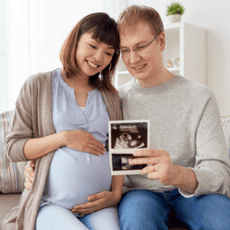

.png)
-Package-in-Bangkok-Thailand-at-First-Fertility-PGS-Center.jpg)

.png)

.png)
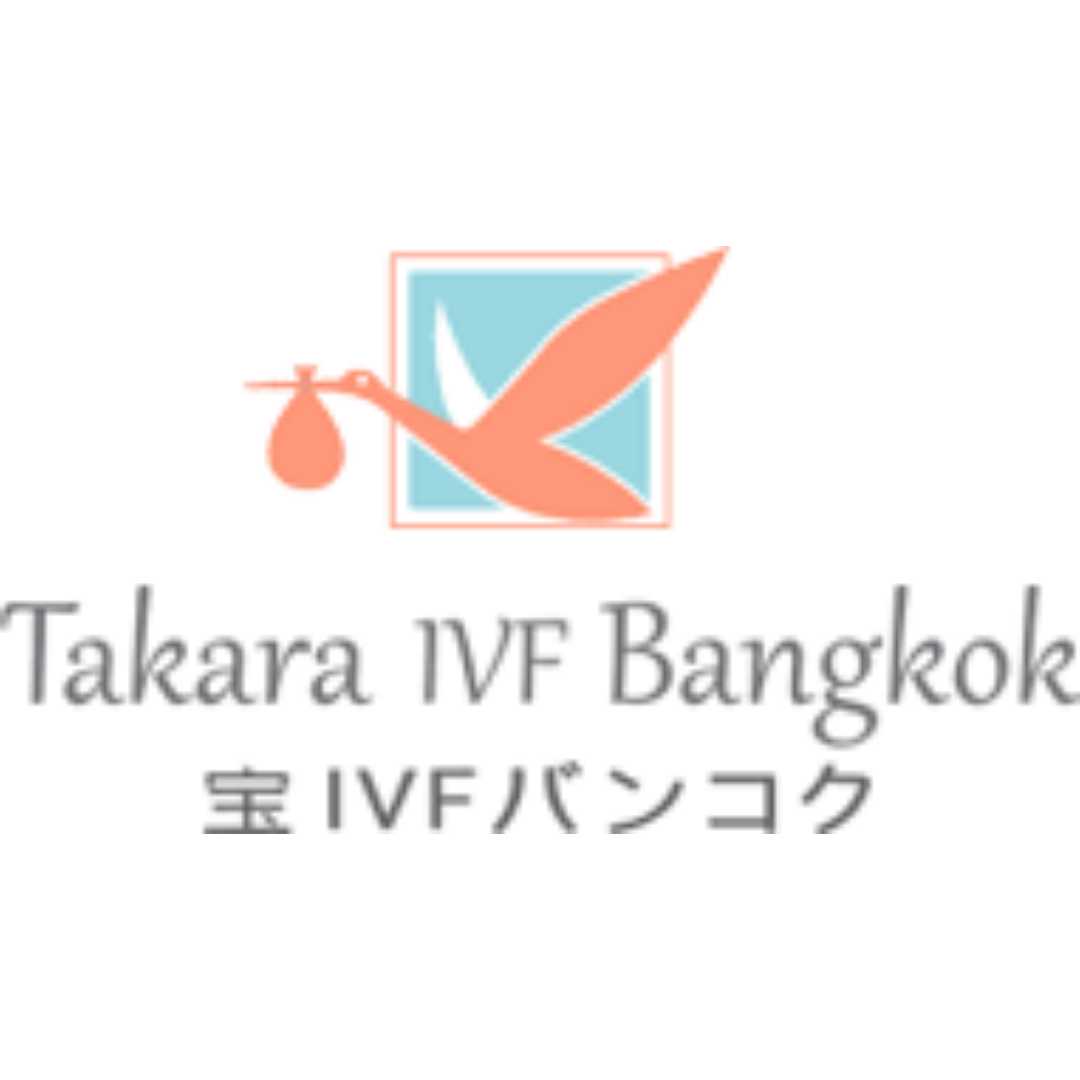
.png)
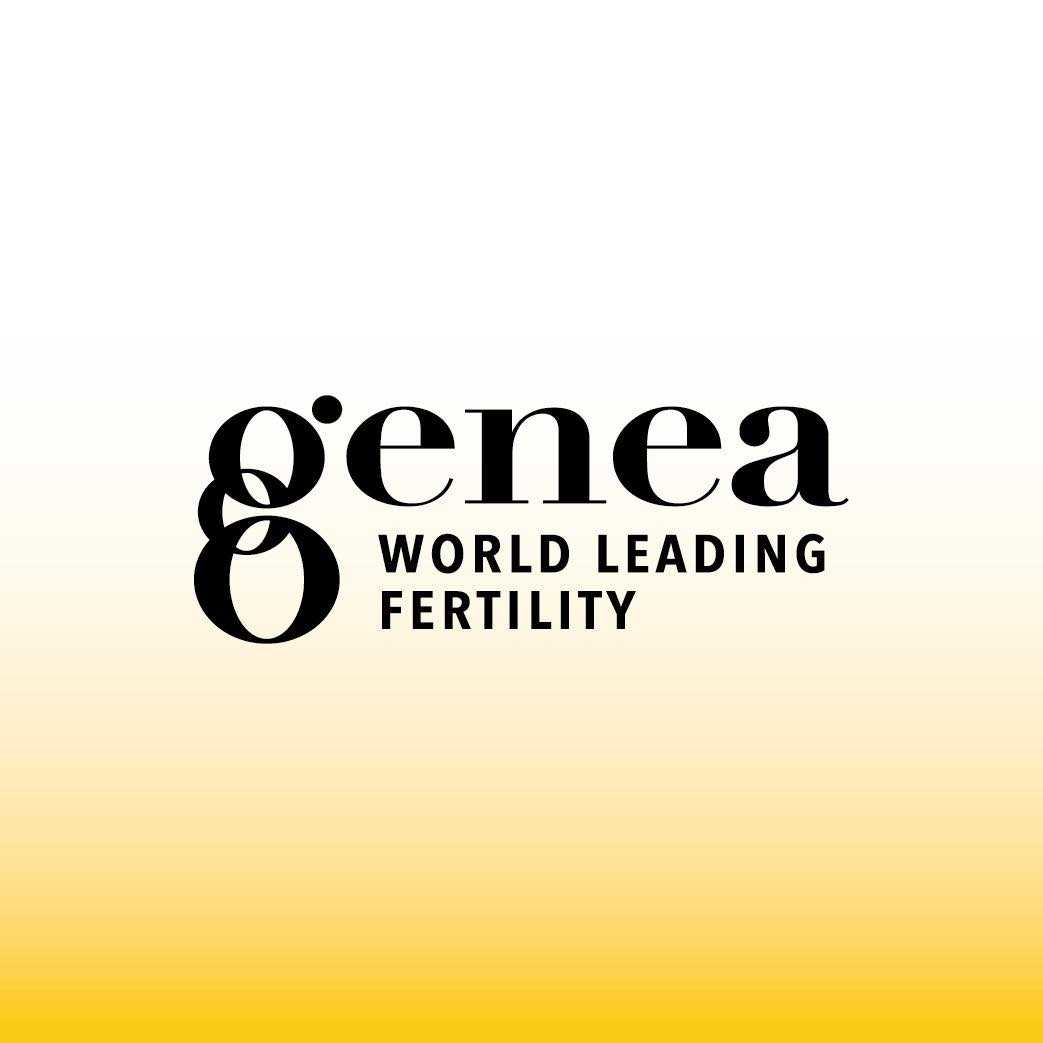
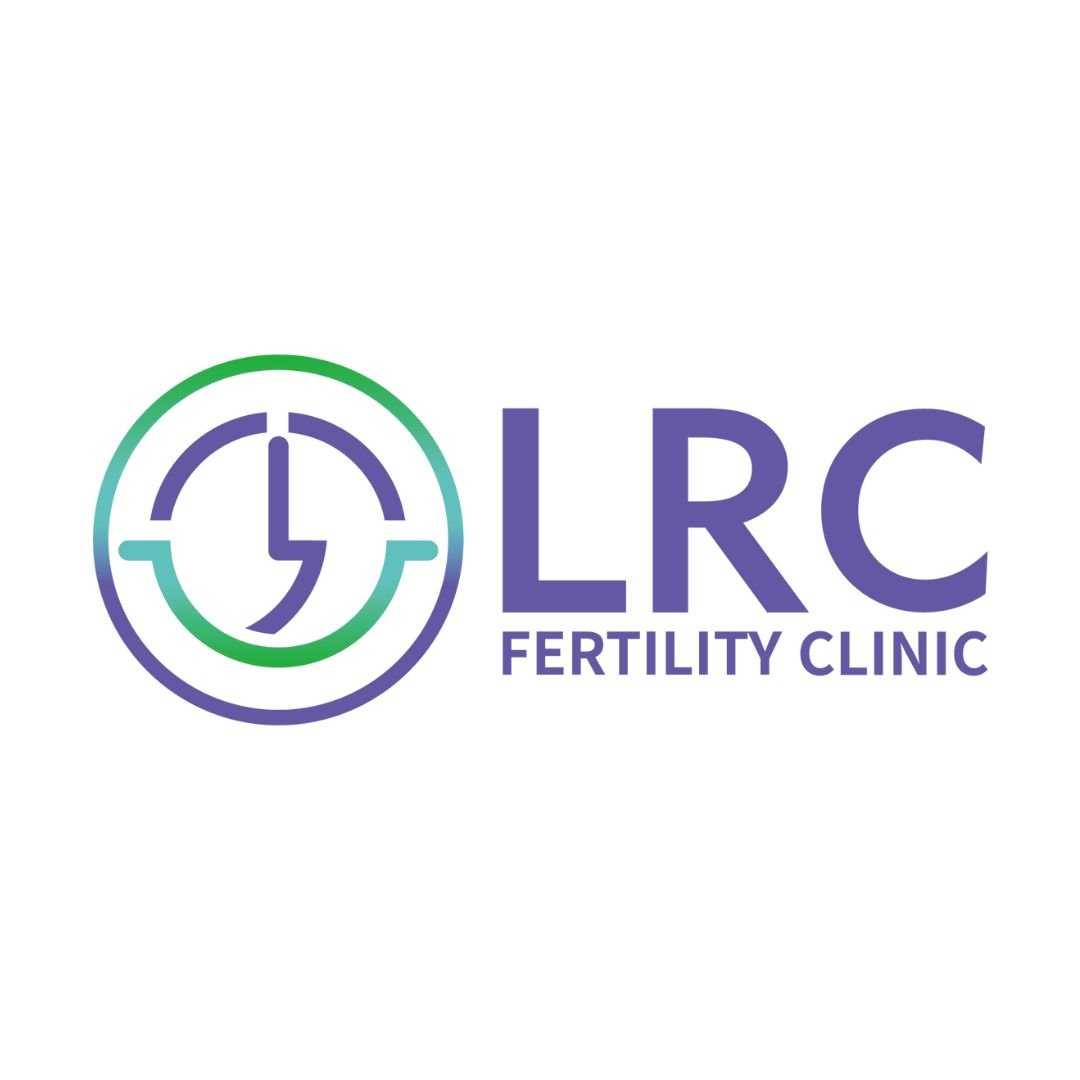
.png)

Share this listing